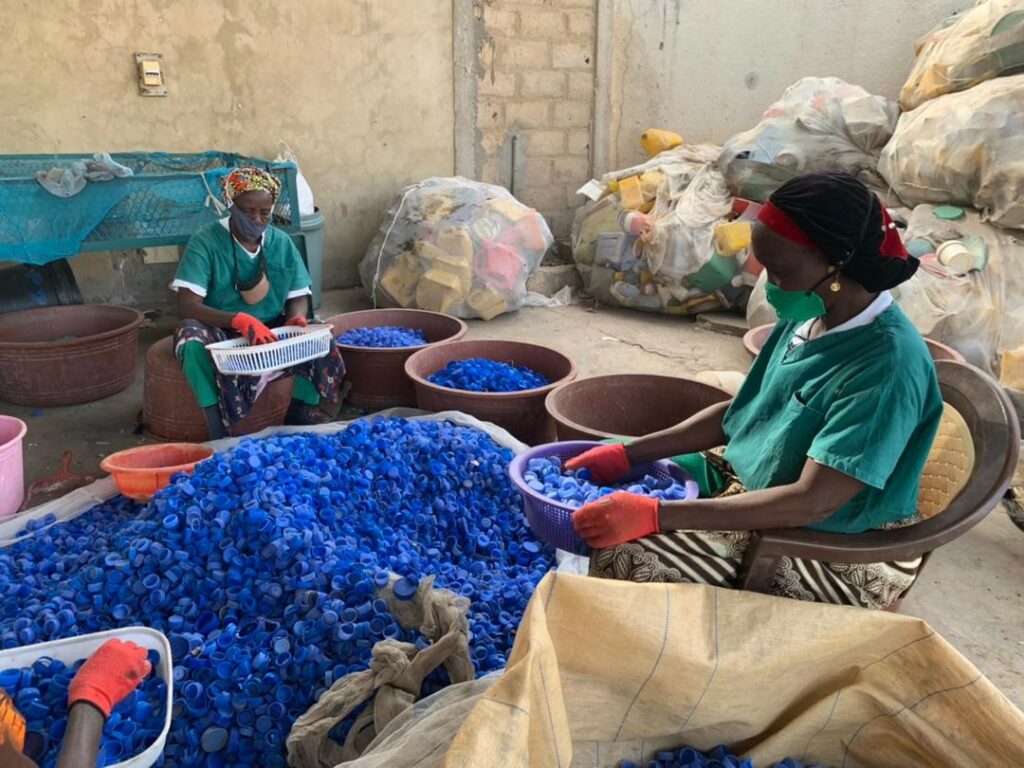Plastic waste is a global environmental problem which affects countries and people in several ways. From health issues to the destruction of ecosystems, the plastic waste problem brings about a myriad of negative consequences that disrupt both livelihoods and economies, seriously disturbing the lives of regular citizens, especially the most vulnerable. For instance, improper plastic disposal is leading to increasingly dangerous levels of marine litter, including plastic litter and microplastics, that harm marine life and end up in the global food chain.
In 2019, the Conference of the Parties (COP) to the Basel Convention on the Control of Transboundary Movements of Hazardous Wastes and their Disposal and the United Nations Environment Assembly (UNEA)emphasized the role the Basel Convention has in addressing the high and rapidly increasing levels of marine plastic litter and microplastics by preventing plastic waste from entering the marine environment. In a landmark decision, the COP adopted amendments to Annexes II, VIII and IX (the Plastic Waste Amendments), making the Basel Convention the only global legally binding instrument that currently specifically addresses plastic waste.
Currently, there is no consolidated ‘one-stop-shop’ that Basel Convention Focal Points, Competent Authorities and other stakeholders can rely on to gain a comprehensive understanding of the steps needed and the tools and guidance available to ensure prevention and minimization, environmentally sound management and control of transboundary movement of plastic waste. Considering this, the Secretariat of the Basel, Rotterdam and Stockholm (BRS) Conventions in cooperation with the United Nations Institute for Training and Research (UNITAR) and funded through the European Union (EU) Global Public Goods and Challenges programme (GPGC) developed the “Plastic Waste and the Basel Convention” e-course, which aims to fill this gap and is available in three languages: English, French and Spanish.
Learning objectives
After completing the course, learners will be able to:
- Summarize the key trends, challenges and opportunities related to plastic waste management at global and national level;
- Discuss the Basel Convention and its key provisions and annexes as well as the role of the Conference of the Parties (COP) and its subsidiary bodies with respect to plastic waste;
- Explain how different types of plastic waste are classified and must be managed under the Basel Convention
Who should take this course ?
While the course is primarily targeted at the Focal Points and Competent Authorities of the Basel Convention, it is suited for learners irrespective of their level of pre-existing knowledge of the Basel Convention and plastic waste. It may also be useful for other government stakeholders, civil society, the private sector and the general public with some waste management or environment knowledge.
Course Completion and Certification
The successful completion of the course rewards the learner with a certificate. To complete the course, the learner must complete all three modules and pass each associated quiz with a minimum grade of 70% from no more than three attempts. The completion of each module also rewards the learner with a badge.

